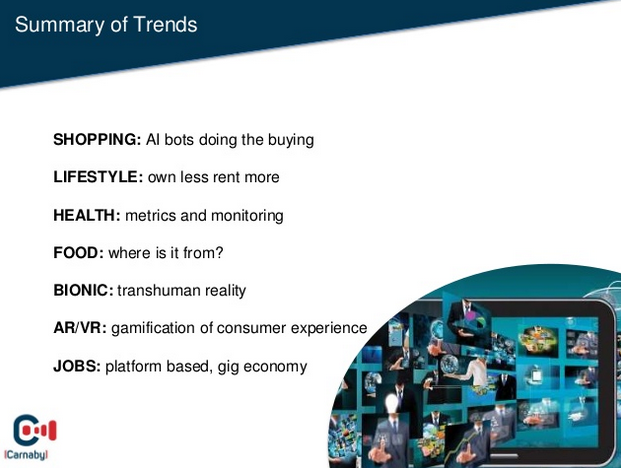How Do You Understand What Customers Will Want In The Future?
It was great to read the article published on the IBA Group website about the CXOutsourcers Mindshare event in Windsor, UK. This was a very interesting event hosted by Peter Ryan and Mark Angus connecting together the service providers from the BPO (Business Process Outsourcing) and CX (Customer Experience) industry.
The IBA team was there at the event because their expertise in areas such as Cloud Computing and Robotic Process Automation is highly in demand from the CX companies – hopefully they managed to strike a few new partnerships!
As mentioned in the IBA article, I was speaking at the event about the future of the customer experience – how can you profile and understand the customer of the future?
What I tried to do with this talk was to initially frame expectations. It is easy for people to make wild predictions about how customers will behave in future, but what they often forget is that social and technological progress is not always gradual. Sometimes an invention or innovation can completely change the way that people behave.
A good way to think of this is by considering how railways changed society. Before railways people were forced to live within walking distance of their workplace. Railways created the freedom for people to travel to work and this in turn created the concept of the suburb.
We have seen a similar change in the past decade. Since the launch of the Apple iPhone in 2007 and the subsequent explosion in the use of social networks, the way that people communicate with each other has dramatically changed. This has led to a radical change in the way that people communicate with brands and an evolution in the way that the customer journey works – this is the journey from first hearing of a product to learning more and then eventually buying it.
That customer journey used to be quite simple and was focused on advertising or marketing to create awareness and then a sales process followed by customer support. Now we can see brands that are not building customer service contact centres, they are building customer experience hubs. They are using a mix of human and digital technologies and building an ongoing relationship with customers that can last for half a century or more.
What is so interesting about the present day business environment is that there is so much potential for dramatic change in so many ways. A retailer planning strategy in the era of my parents would only ever be planning new store locations and sales promotions – nothing in the future was dramatically different to the past.
Look at the retail environment today. Not only is online retail creating a new era of competition, but the way that town centres are featuring retail is changing. Other huge factors may also change how society interacts with business, such as climate change, geopolitics and the dramatic rise of China, the creation of social inequalities, and the preference to rent experiences rather than owning products.
You can click the link to read through my slides for some more of the ideas I presented at CXOutsourcers, but I think that what we will see more often today is emerging business models and services driven by the online economy and the desire of the customer for greater convenience. Go-Jek in Indonesia started out as a ride-hailing service with motorbikes – like Uber with two wheels. They expanded into offering services such as medicine or food delivery by leveraging their network of riders and eventually they created such a wide array of services that they introduced their own in-app payment system. They now process more payments than any major credit card brand… they are now a financial service brand and they started out offering rides on scooters.
How might this happen in your industry? Think about it, your competition in 2020 may not even exist today or they may be working in a completely different industry. Now that’s scary because it means that we are moving faster than ever to stay ahead of business trends, but we are never going to be going this slow again in future.
